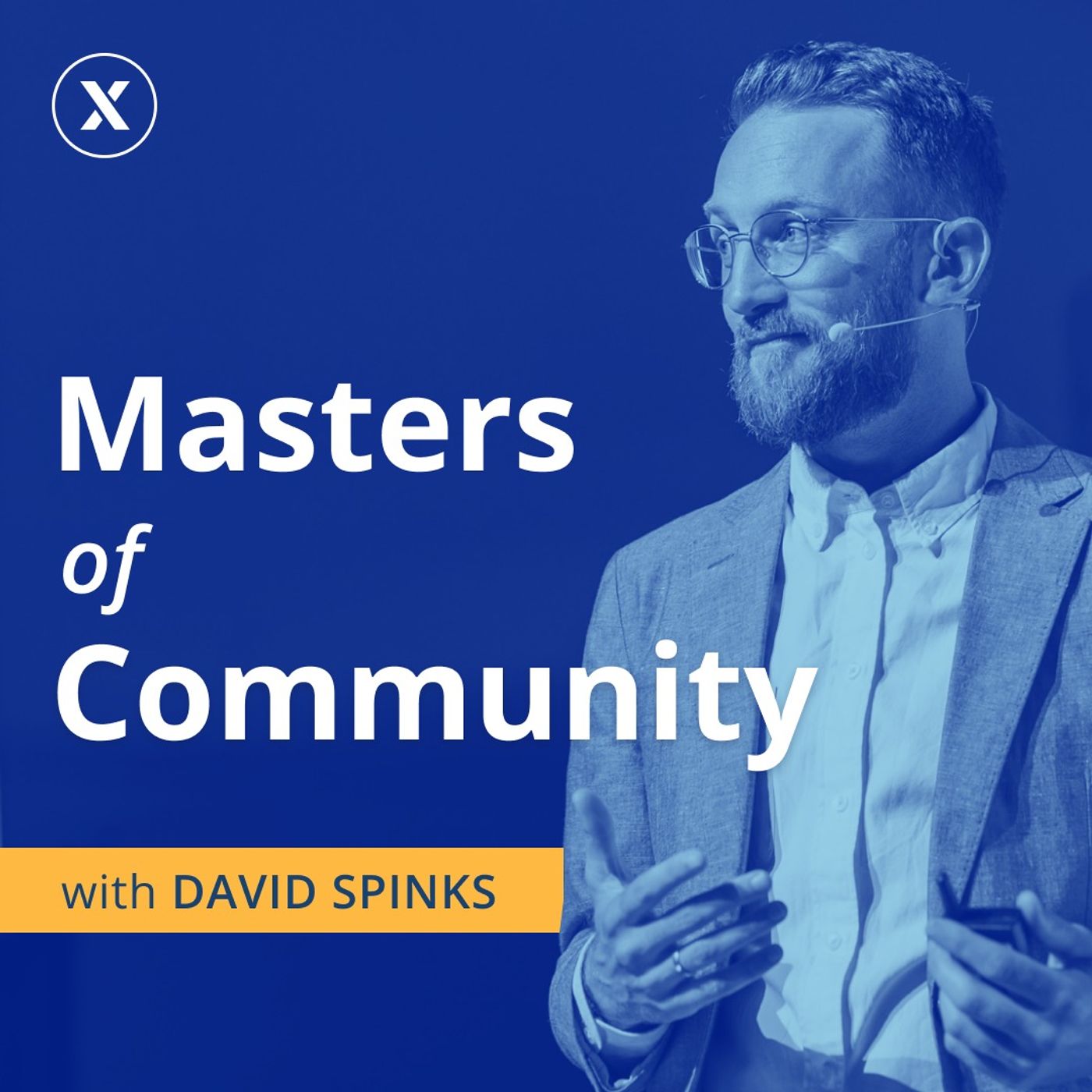The Role of Community in Web 3.0 with Tiffany Zhong & Cooper Turley
November 22, 2021

In this episode of Masters of Community, we speak with two people at the forefront of Web 3.0 communities. Tiffany Zhong, Founder of Islands and the upcoming GM Academy community that will introduce you to all things Web 3.0. Cooper Turley, Advisor at Audius and Founder of the “Friends With Benefits” community.
This episode is full of beginner information that will help you conceptually transition from Web 2.0 communities to Web 3.0 communities. Guests Tiffany and Cooper talk about the unique characteristics of Web 3.0 communities, examples of well-managed Web 3.0 communities, and how to navigate some of the biggest challenges while building Web 3.0 communities.
Who is this episode for? Community managers interested in building Web 3.0 communities of their own.
Three key takeaways:
1. Web 2.0 Communities vs Web 3.0 Communities: In Web 3.0, you're trying to share value with those who create it in the form of tokens and ownership. In Web 2.0, shared purpose and ownership were never thought of because the decision-making structure was fully centralized. Communities around each of NFT, DAOs, and DeFi have different expectations. Their requirements may also change depending on their growth stage. In Web 3.0, the creator community is incomplete without a community economy. Web 3.0 is taking that promise of web 2.0 building something together, and actually putting an infrastructure behind it.
2. Exemplary Web 3.0 Communities: Cooper’s “Friends with Benefits” community is a token-gated community where you need to hold tokens to join a social club that talks about the intersection of culture and technology. For example, Bored Ape Yacht club is focused on real-life activations of digital NFTs, airdrops, etc. The goal of Web 3.0 communities like these is to find ways to give their income back to the community through different projects serving the collective purpose of the community.
3. Preventing Web 3.0 communities from becoming “early-adopter cliques”: Rather than only offering all-in access to everything in that community, you can start to fragment different sections of it and lower the barriers. NFTs will start to become membership tokens, and people will be able to buy in for small time intervals to see if it's a good fit for them and upgrade to a higher tier if required. Access can also be given by granting tokens in exchange for volunteer work instead of direct investment.
Notable Quotes:
1. “What Web two brands would say, cool, this is now our revenue or creators would say, cool, this is now my profit. I'm going to go buy a Lambo. Is that right? It's not, how do I share the Lambo with the entire company? That's the shift”
“Start using discord. Discord is where most of these communities live. And I think it's a very foreign platform to most people. But if you're looking to get involved with Web 3.0, you need to learn how to navigate.”
2. “Start spending even just ten minutes a day in this space. You don't need to start dedicating your whole workday or week to going forward if you don't have the time, but just doing incremental”
3. “Just go in with an open mindset, but also with no ego and just ask questions. There are no dumb questions. The interesting thing. And the cool thing is that everyone's learning”
Answers to rapid-fire questions:
1. How do you see consulting work to help create and build community at the start of a DeFi or similar project? If you are a consultant, I think the best that you can do is provide context on what's already happened.
2. What are the absolute critical priorities to think about when setting up a new community management function? Take charge of project management and keep track of what does what and how they are contributing to the community.
3. What role do you think offline will have in Web 3.0? Offline is where you celebrate community and where you strengthen relationships but online is where it really lives and where the function of it happens on a day.
4. Can't you build a community that is open, transparent, governed, and owned by the community with a stewardship and ownership model like the co-op model in Web 2.0? The notion of holding an asset that's able to increase or decrease in value relative to the growth of that community is really magical. It also gives people the option to either play long-term games or have instant liquidity based on where they are in life.
5. A lot of web three projects have a few different owner groups. How do you keep all these different groups engaged? Everyone is aligned to make the value of community treasury grow. And outside of that, each of the stakeholder groups is doing different things to grow the value of that treasury in very unique ways.
6. Tweet-sized vision for if everything goes perfectly, where do you want to see the world of web 3.0 five years from now?
Tiffany: A world where creators are able to get paid what they're worth. A world where all the current web two creators and fans will now become web three community builders and collectors.
Cooper: We are in the MySpace era of crypto right now. In five years, the Facebook, Instagram, and Twitter of this world will be created.
Learn more about Tiffany and Cooper:
Episode resources:
- Gm.academy Website
- Friends With Benefits Community
- The Business of Belonging: How to Make Community your Competitive Advantage
- Bored Ape Yacht Club Community
If you enjoyed this episode, then please either:
- Subscribe, rate, and review on Apple Podcasts
- Follow on Spotify
Masters of Community is hand crafted by our friends over at: fame.so